Midlands questions to the 'Prime Minister-in-waiting'
- Published
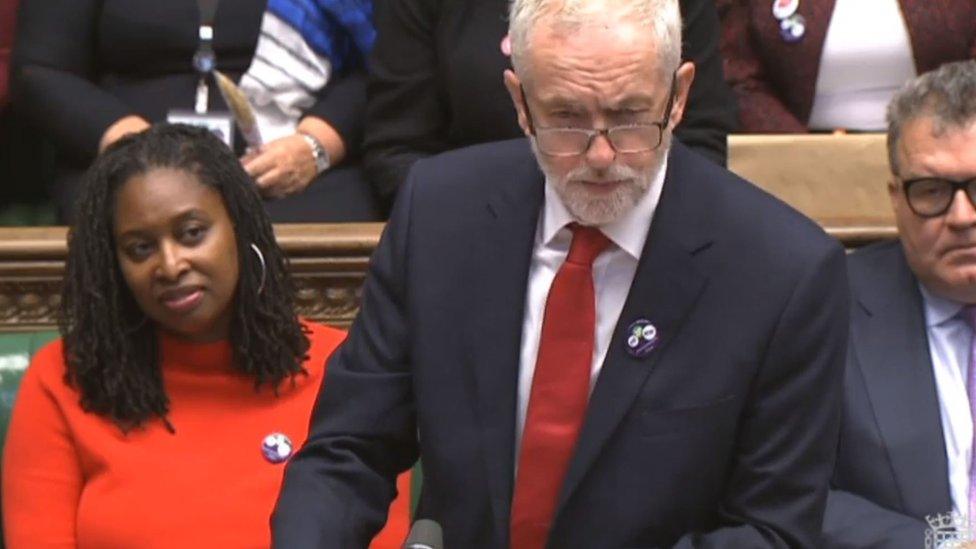
Labour Leader Jeremy Corbyn is the next party leader to face Patrick Burns
Let's get real
Autumn always heralds my round of interviews with the main party leaders in the run-up to their respective annual conferences.
Last week it was the turn of the new Liberal Democrat Leader Sir Vince Cable.
And now I am preparing to talk to the Labour Leader Jeremy Corbyn before he heads to Brighton.
Her Majesty's Loyal Opposition is always expected to stand ready as a potential alternative government.
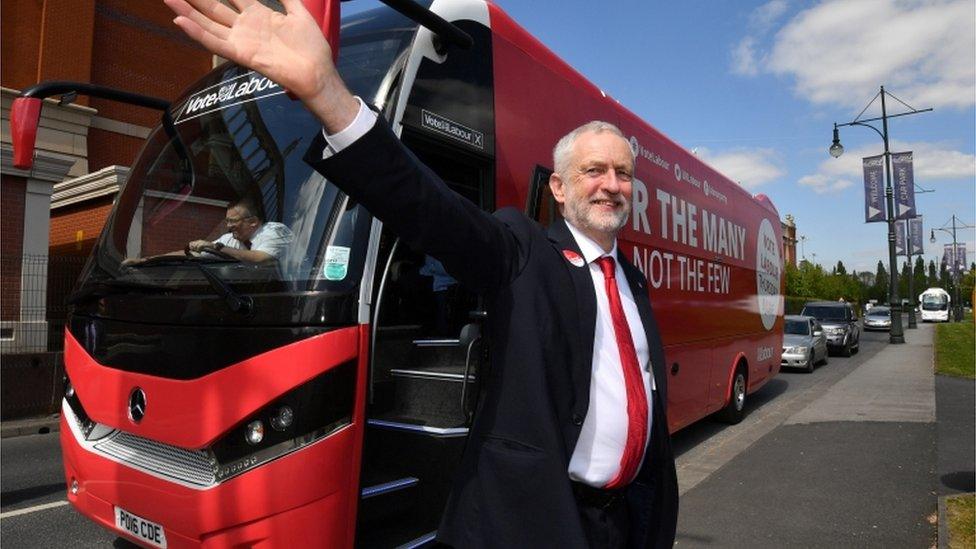
Jeremy Corbyn emerged from the 2017 general election as a party leader with momentum. But is this real or perception?
But now Mr Corbyn's supporters are actively ramping-up their claim that he is the Prime Minister-in-waiting, after he emerged from the general election as the only party leader with significant momentum (with a large 'M' as well as a small one).
But is this just another example of political perceptions parting company with reality?
Not for nothing is the familiar roll call of Midlands swing seats known as the killing fields, the battleground, where elections are won and lost. Mr Corbyn's campaign trail brought him here time and time again during the so-called 'snap election' which was, in truth, a seven-week epic.
Yet another of those political perceptions!
In reality, his party's performance in our part of the country looked more like the law of diminishing marginal returns than a march towards Downing Street.
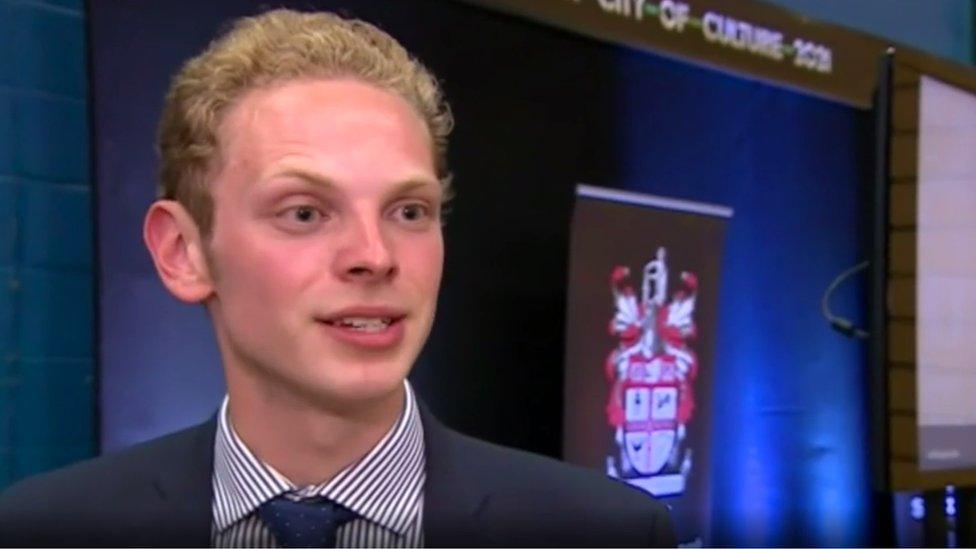
Jack Brereton took Stoke South from Labour for the Conservatives in the 2017 General Election
In a region of 63 constituencies, Labour lost two (Stoke South and Walsall North) and gained just one. They didn't even manage to capture Telford, where the Conservatives were defending a majority of just 730, in an area where Mr Corbyn spent some of his own formative years.
Admittedly that one gain in Warwick and Leamington ranks among the more spectacular shocks during that dramatic, traumatic, election night. It had not figured among Labour's obvious targets: it was generally considered one of those 'Middle England' constituencies which had swung to Labour under Tony Blair but which are unlikely to do so again while the party is reconnected its socialist roots.
The Islington Effect
One explanation may be that anti-Brexit voters, unconvinced by the Lib Dems' faltering campaign, found Labour's ideologically flexible approach on Europe preferable to the more hard-edged language of Theresa May. With major educational establishments in and around Warwick and Leamington, it is increasingly home to a "progressive" electorate of students and academics. I asked its Labour MP Matt Western if it was becoming like a mini-Islington.
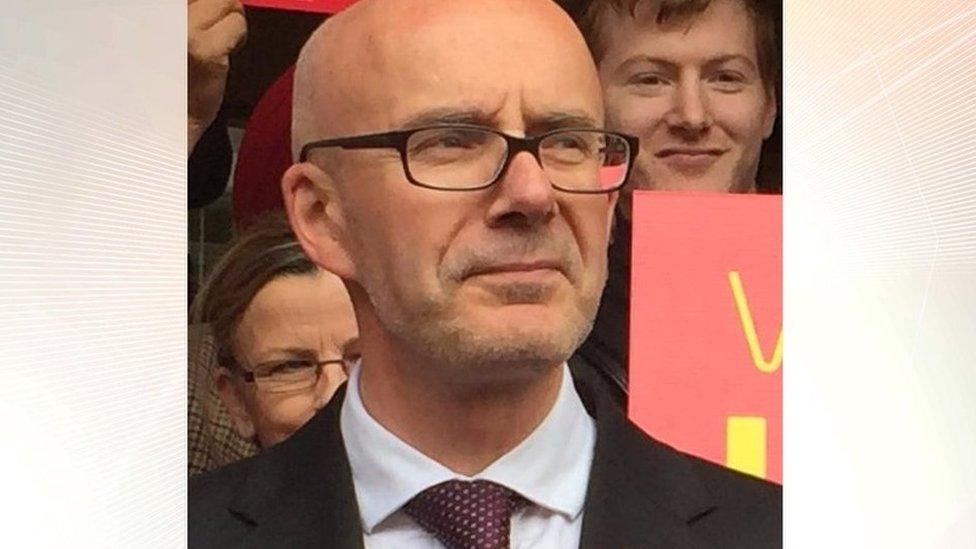
Labour's Matt Western saw a majority of 1,206 over Conservative Chris White in Warwick and Leamington
"I used to live in Islington," he told me, at the risk of making my point for me!
I wonder if something similar could be said of Worcester, where Labour halved the majority of the city's Conservative MP and Brexit minister Robin Walker.
But in areas of the Black Country and the Potteries, we saw the converse effect. Support for leaving the EU was still sufficiently intense for Mrs May's "no deal better than a bad deal" mantra to prevail: hence Labour's loss of those two key seats.
So, one step forwards, two steps back for Labour. And the party's failure to gain ground anywhere else in our part of the country is one very big reason why they lost the election.
But by doing so much better than originally expected, the general perception (here we go again) is that Labour is the party with the momentum: (small 'm').
Changing seasons
Now come the chill winds of Autumn, and with them, some urgent local challenges for Mr Corbyn to contend with.
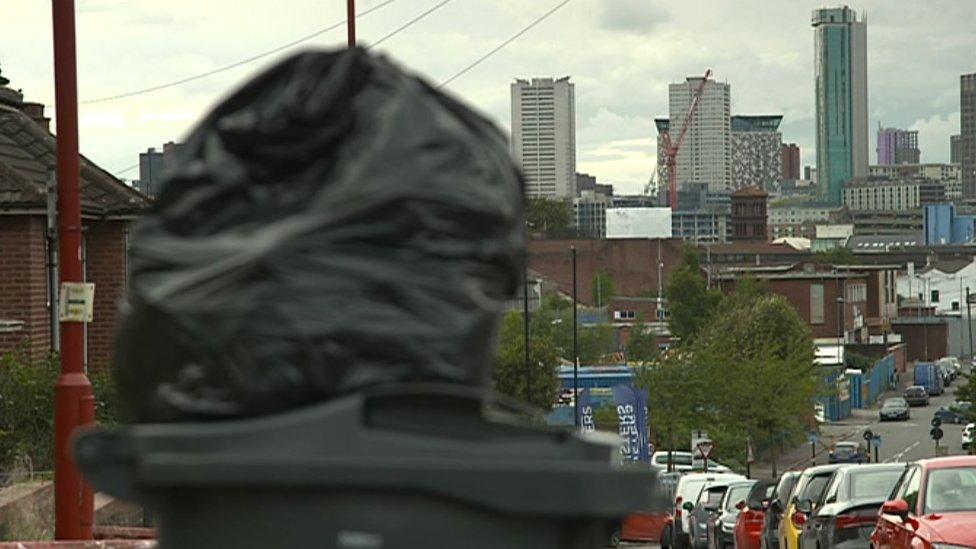
Last week, he told the TUC conference that the Labour and trade union movement had a duty to settle Birmingham's long-running bin workers' dispute. But with his own Shadow Chancellor John McDonnell supporting the strikers, and leaders of Labour's biggest paymasters in the Unite union accusing the city's ruling Labour group of "acting and talking like Tories", it's hard to see where Mr Corbyn's promise of a concerted approach is going to come from. The bin workers themselves have voted overwhelmingly to continue their action until Christmas.
This in turn raises the prospect of their industrial action escalating into a more general winter of discontent. With a succession of public sector unions demanding inflation-busting pay increases, any threat of a return to the union militancy of the 1980s would normally be expected to play into the hands of the Conservatives. Next May, every seat on Birmingham City Council will be up for election and the Conservative opposition are wasting no opportunity to press home their attacks on what they see as the council's mismanagement of the bin workers' dispute.
An uneasy truce
As memories of June's general election fade, will the uneasy truce which generally held the party together during the campaign and since come under strain? On top of the party's well-documented divisions on Europe, none of our Midlands Labour MPs supported Mr Corbyn in either of his leadership campaigns.
But now, as he and his supporters tighten their grip on the party, the speculation mounts that any move towards the mandatory re-selection of MPs might claim the scalps of so-called 'moderate' MPs, of whom our region has many: Warley's John Spellar, Newcastle-under-Lyme's Paul Farrelly and Stoke North's Ruth Smeeth come instantly to mind.
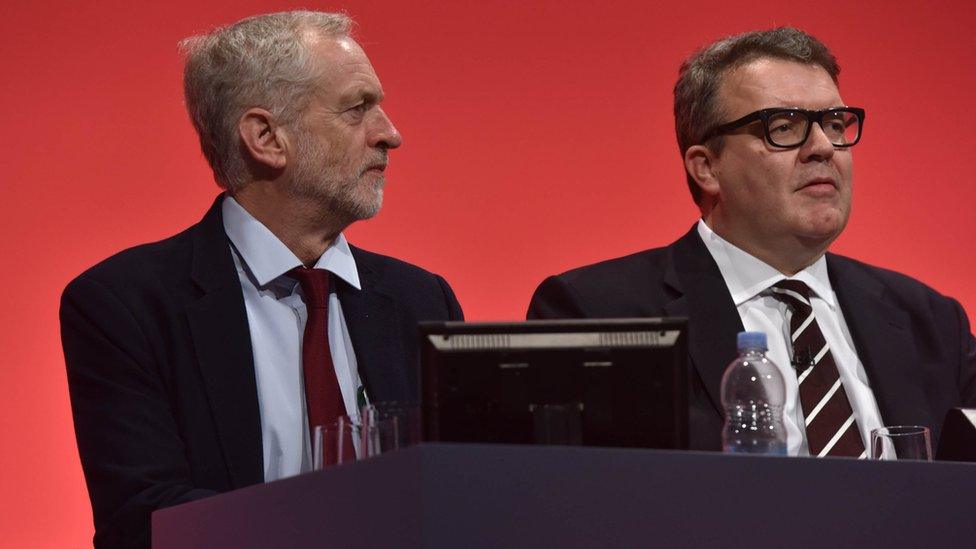
Will Mr Corbyn get a second deputy leader to work alongside Tom Watson?
And as Labour inches towards becoming an avowedly anti-Brexit party, how might this sell in the region which recorded a higher proportion of Leave votes than any other in last year's EU Referendum?
To cap it all, Mr Corbyn's awkward relationship with his Deputy Leader Tom Watson would become more complicated still if demands from the Left of the party lead to the election of a second Deputy Leader who would almost certainly clip the wings of the West Bromwich East MP.
All of which means there's plenty for me to talk to Mr Corbyn about.
For his answers, you will just have to join for this weekend's Sunday Politics.
We are in our usual 11.00 slot on BBC One Midlands this Sunday, 24th September 2017.